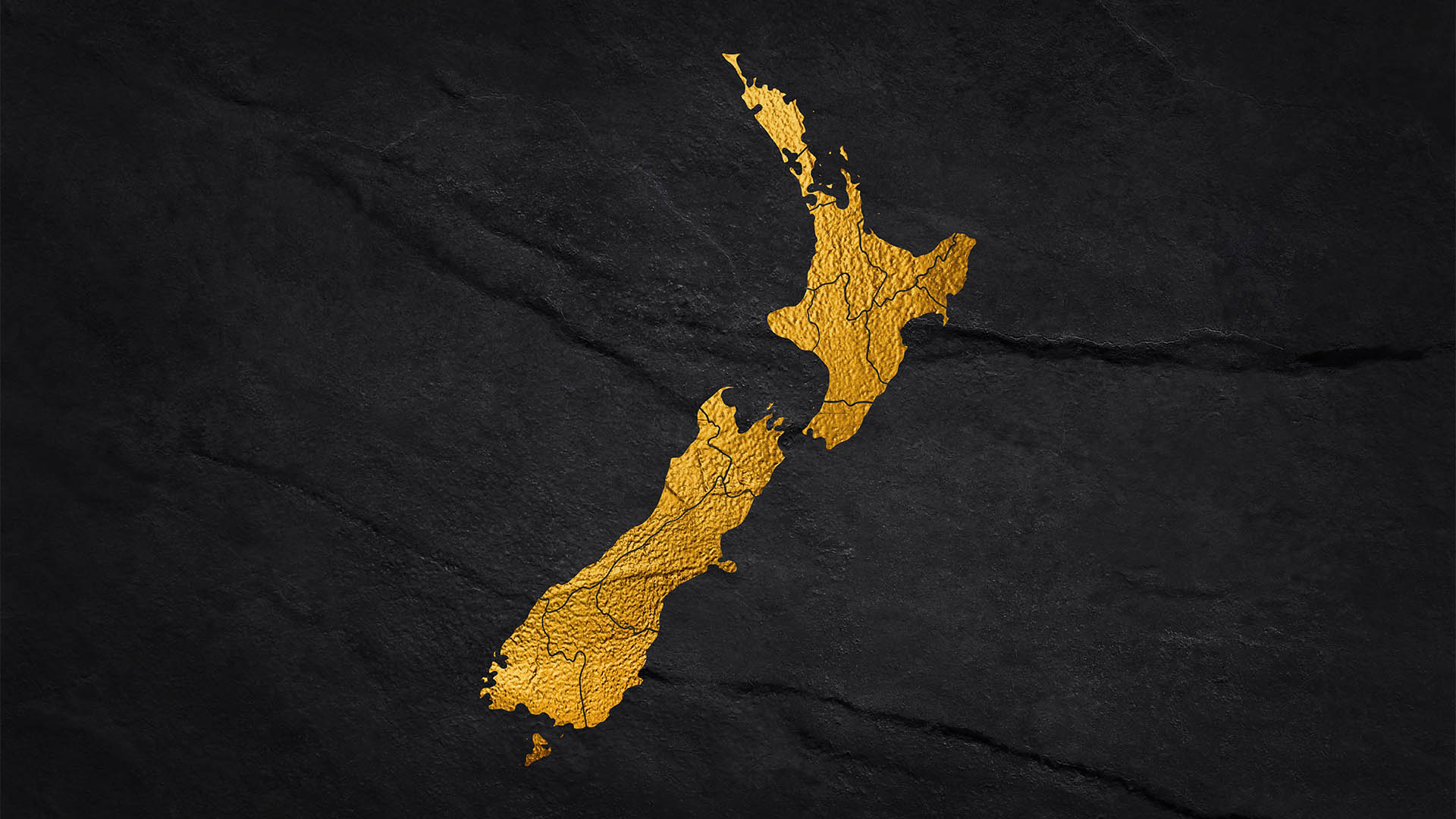The New Zealand Treasury has warned the impact of the receding drought, the slowing of the global economic recovery and the Christchurch earthquake may leave the economy ‘out of sync" with those of its major trading partners over the next few quarters.
In its September update issued yesterday, the Treasury said that after the economy weakened in the June quarter it is now uncertain whether growth in the second half will be stronger that the average quarterly growth of 0.7 percent incorporated in the budget.”

That looks like more tough times for the economy, even though consumers seem to be regaining their poise.
Australian companies such as the banks, media groups like Fairfax, Telstra, Harvey Norman, Woolworths and others all face a few months of uncertainty above levels seen in their home market here.
The department said the NZ economy will be affected by a number of one-off factors in the second half of 2010.
"These include some post-drought recovery in coming quarters, the tax changes from 1 October 2010 and the Canterbury earthquake.
"Another key factor will be a slowdown in the economies of our trading partners expected in the second half of 2010.
"However, such a slowdown does not automatically mean growth in the New Zealand economy will slow in the second half of the year," the department said yesterday.
"As it was in the first half of 2010, New Zealand may remain out of sync with our trading partners depending on the exact impact of the one-off domestic factors."
"Growth has been more subdued than incorporated in the Budget forecasts, although partly reflecting the impact of drought conditions," Treasury said.
"Nominal GDP – and tax revenue – has closely matched expectations owing to higher terms of trade.
As well as the impact of the earthquake, the department has to contend with a raft of tax changes, the biggest being the boost in the GST from last Friday to 15% from 12.5%.
Treasury said that with real production GDP rising just 0.2% in the June 2010 quarter, "economic growth has been much more subdued in the first half of 2010 than incorporated in the Budget 2010 forecasts.
"Weak growth in the June quarter also means we are more confident this recovery is weaker than typical recoveries experienced previously in New Zealand."
"There have now been five consecutive quarters of expansion following five consecutive quarters of contraction.
"However, real GDP remains 1.5% below its 2007 peak and has struggled to keep pace with population growth.
"Real GDP per capita has fallen in all but two of the last 10 quarters and is still 4.2% below its peak in late 2007.
"The Budget forecasts included a judgement that growth in the previous upturn was not as sustainable as thought prior to the financial crisis and thus the economy would not return to its pre-crisis trend.
"So far, this judgement has proved accurate," the department added.
A big positive for New Zealand is the performance of the Australian economy, which is the country’s major export destination.
"Australia and Asia (excluding Japan) continue to outperform the rest of the world.
"Australia remains one of the strongest developed economies due to the mining boom associated with China’s commodity demand.
"Australia has seen high GDP growth in the June quarter of 1.2% and surging commodity prices lifting their terms of trade.
But Treasury warned that Kiwi manufacturers won’t find it easy selling into Australia with a cheaper currency to help.
"Non-commodity manufacturers will continue to benefit from a strong Australian economy and a historically low cross rate with the Australian dollar, but also face stiff competition from other nations exporting into Australia with even more favourable exchange rates (e.g., the United States)."
"Chinese data releases showed a return of growth momentum with industrial production, retail sales, the PMIs and house price inflation all ticking back up to very high levels (see accompanying story).
"Industrial production in the rest of Asia continues to grow, boosting overall economic activity.”













